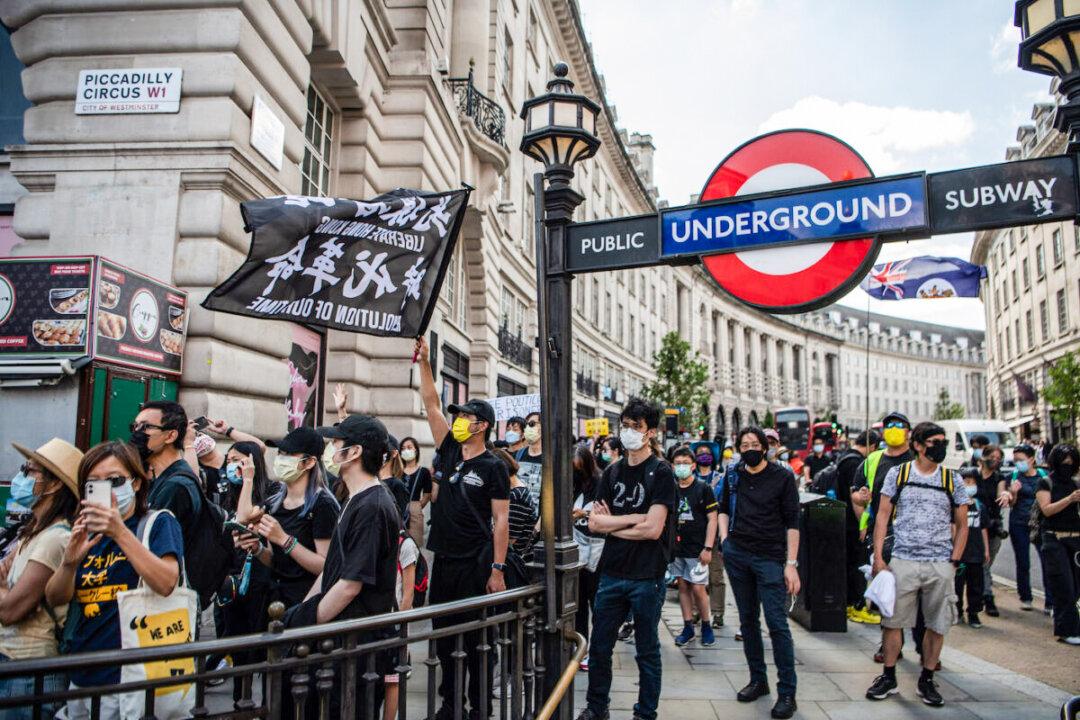Most Hongkongers who immigrated to the U.K. after Beijing imposed a sweeping security law on the city in June 2020 say their mental health has subsequently improved, while smaller numbers say they have experienced symptoms of post-traumatic stress, a survey has found.
The survey report (pdf) by Cambridge University researcher Mark Liang in collaboration with the U.K.-based advocacy group “Hongkongers in Britain,” found that 62 percent of Hong Kong arrivals surveyed said their mental health has improved overall since moving to Britain.





